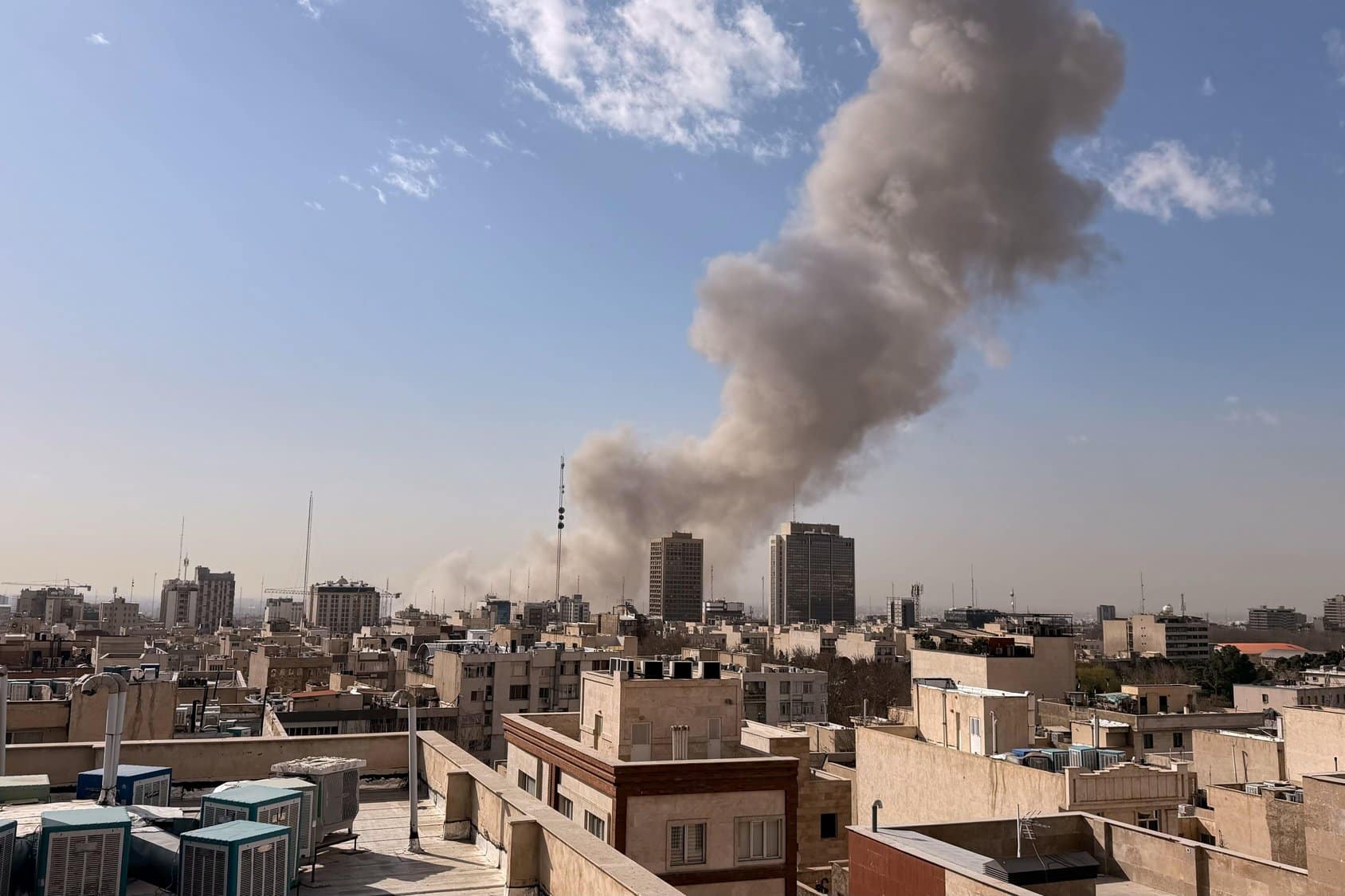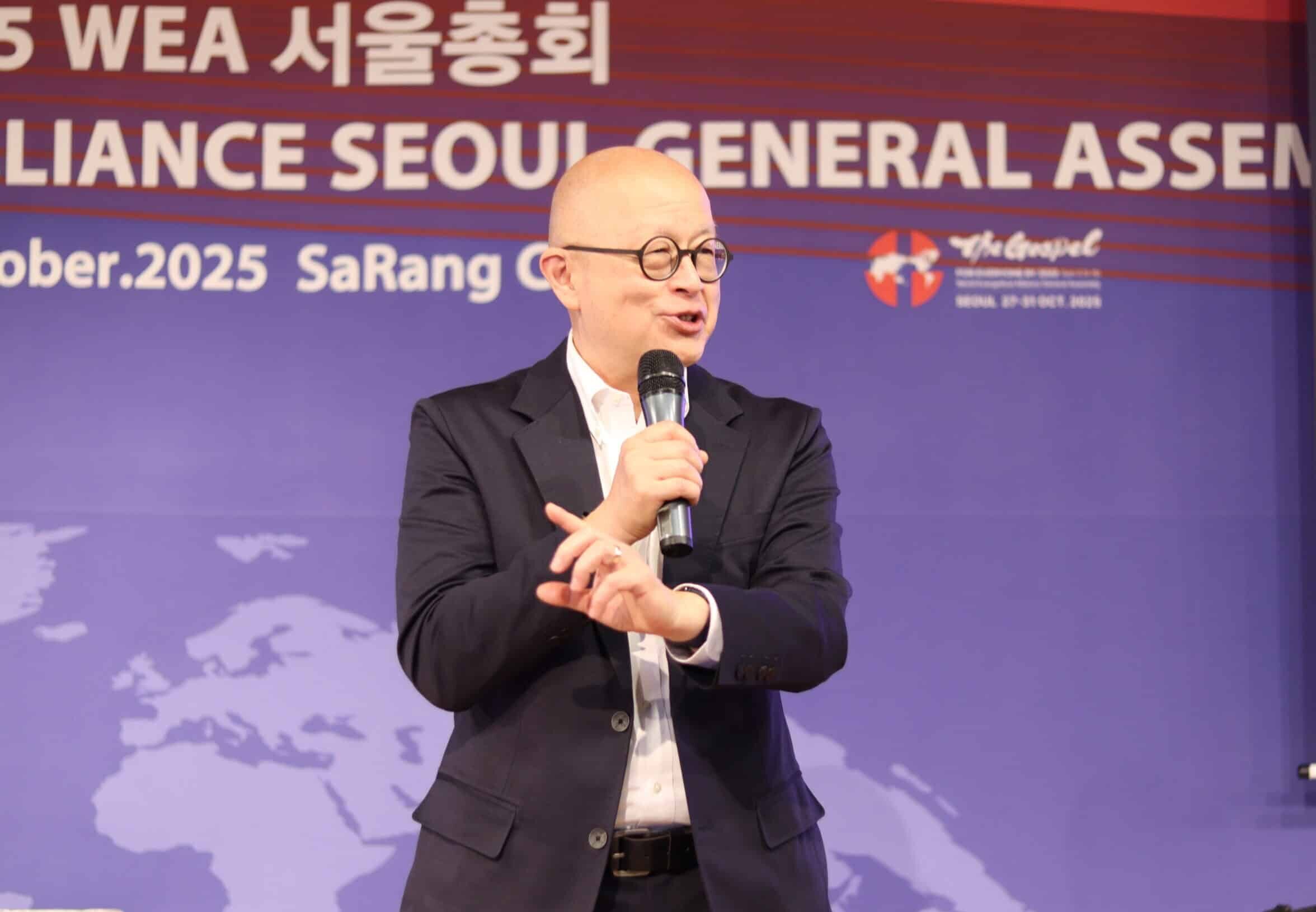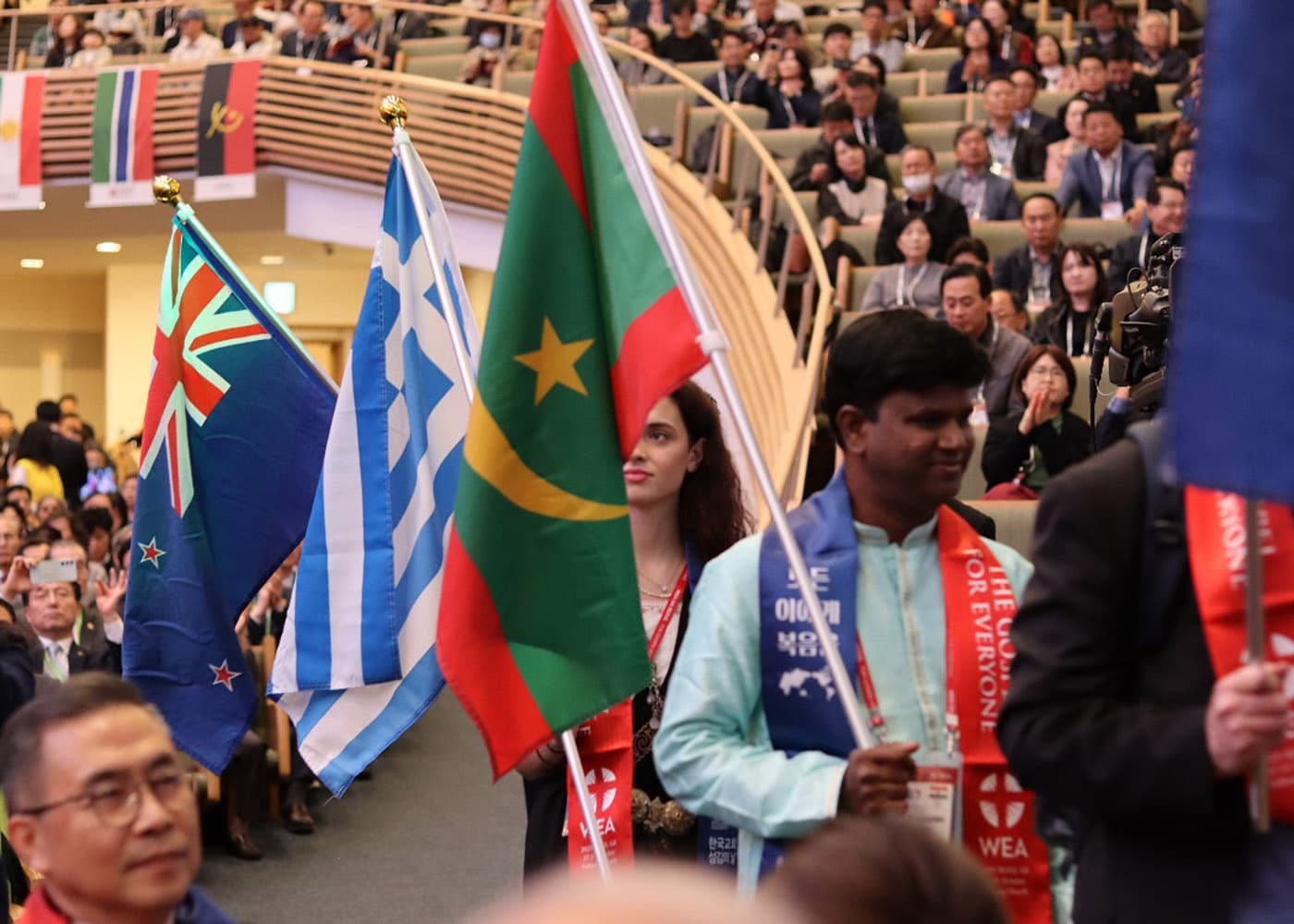Pope Francis, born Jorge Mario Bergoglio, 17 Dec 1936 in Buenos Aires, Argentina, was elected Bishop of Rome on 13 March 2013. He was the oldest of five children born to Mario Bergoglio, an immigrant from Italy, and Regina Sívori, whose parents also immigrated from Italy. Jorge grew up speaking Italian at home and Spanish at school. At age 21, after a severe lung illness, he was motivated by a priest to enroll in the regional seminary to study for the priesthood. In 1960, at age 23, he took the vows of poverty, chastity, and obedience in the Jesuit order and also finished a degree in philosophy. (Not all Jesuits are priests, and not all priests are members of a special order. Jorge took the fourth and final Jesuit vow in 1973.) From 1960 to 1992 he had a distinguished career as a Jesuit educator.
In 1992 he was appointed Auxiliary Bishop of Buenos Aires, then Archbishop in 1998. In these roles he planted new parishes, led prolife efforts, and developed ministries for the poor in the shanty towns. He implemented his vow of poverty by walking or using public transportation (not a car), and living in a modest apartment, rather than using his rank for luxury. Ordinary people knew to find him on certain trams, riding to and from his office, where they would receive pastoral counseling underway. In 2001 he was appointed as Cardinal by Pope John Paul II and accepted roles in important Vatican boards, but he continued his role as Archbishop in Argentina. Some expected him to be elected as Pope after John Paul II passed in 2005.
As Pope he chose the name “Francis” to highlight the example of Francis of Assisi (1181-1226) who was known for rejecting wealth, preaching to the poor, and loving creation. Accordingly, he has tried to reduce the cost and corruption of the Catholic hierarchy, emphasized ministry to the poor and marginalized, and apologized for the sins of the Catholic Church. He has also reached out to other varieties of Christians, including Orthodox and Evangelicals, and engaged Muslims publicly.
Evangelicals have generally appreciated the friendly gestures while noting that important Protestant/Catholic theological differences are not resolved, including how to describe the Virgin Mary. Evangelicals have also found the Pope’s statements regarding homosexuality confusing or misguided.
In November 2015 Francis sent a letter to the historic Tirana Consultation on Discrimination, Persecution, and Martyrdom in response to the growing pressure on Christian communities globally. He summarized the relationship he wanted with the rest of Christianity. “In various parts of the world, the witness to Christ, even to the shedding of blood, has become a shared experience of Catholics, Orthodox, Anglicans, Protestants, Evangelicals and Pentecostals, which is deeper and stronger than the differences that still separate our churches and ecclesial communities.”





Stay Connected